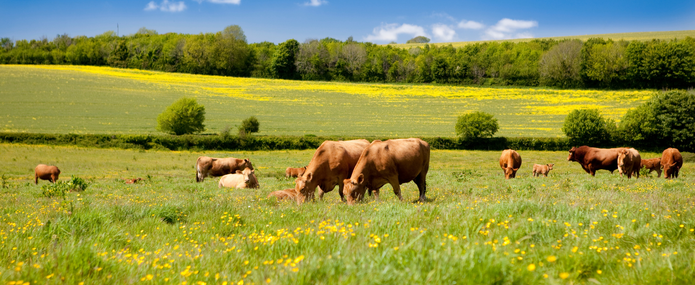Citation
Svensson, J. et al. (2021). A low GHG development pathway design framework for agriculture, forestry and land use. Energy Strategy Reviews, Volume 37.
Abstract
Agriculture, forestry and other land use (AFOLU) represent 22% of global greenhouse gas emissions. To meet the objectives of the Paris Agreement, the AFOLU sector greenhouse gases must be dramatically reduced and eventually transformed to net negative CO2e within this century. The decarbonisation choices will have significant environmental, social and economic impacts, yet few analytical frameworks exist able to account holistically for AFOLU mitigation strategies and their sustainable development impacts in a way that combines advantages of global and national approaches to decarbonisation pathways. This paper proposes a pathway design framework for AFOLU decarbonisation strategies that can help governments set targets across four types of levers (increasing sequestration; improving the emissions efficiency of agriculture; incentivising dietary changes; and displacing fossil fuels with bioenergy) and help them navigate potential synergies and trade-offs with sustainable development objectives (notably food security, biodiversity preservation, poverty alleviation and job creation), in a way that facilitates co-construction and discussion with main stakeholders.





